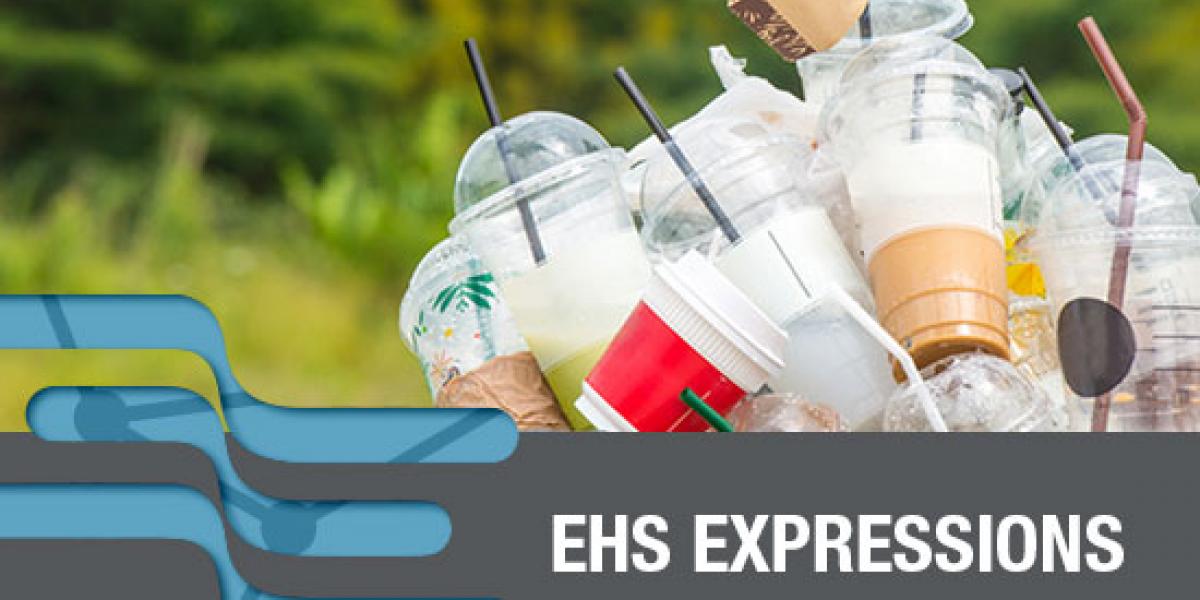You are here

Single-use plastics have come under fire around the globe. Products such as straws, food containers, and plastic cosmetics ingredients end up in our oceans in massive quantities, harming wildlife and polluting our shores. A core issue is that most plastics do not biodegrade once they enter the environment.
The past two weeks have seen a number of new proposals and policies on this topic:
- European Union. On 28 May 2018, the European Commission published a proposed Directive on the reduction of the impact of certain plastic products on the environment, which would ban some products and create new requirements for producers of certain single-use plastic items, including food containers, cutlery, cups and bottles, among other products.
- Nigeria. On 4 June 2018, Nigeria’s National Environmental Standards and Regulations Enforcement Agency (NESREA) published a press release stating that Nigeria will phase-out non-biodegradable plastics. A new program will also establish plastic waste recycling plants across the country.
- Italy. On 6 June 2018, Italy notified the World Trade Organization (WTO) of a draft technical regulation which would ban the marketing of non-biodegradable and non-compostable cotton buds, as well as exfoliating rinse-off cosmetic products or detergents containing microplastics.
- Monaco. On 11 June 2018, Monaco's Department of Environment published a guidance document on a plastic bag ban which is to be progressively introduced in Monaco. Different timelines are provided regarding the ban of different items, including: plastic bags, single-use plastic packaging and wrapping bags, single-use plastic straws, and single-use plastic cutlery.
Plastic microbeads in rinse-off cosmetic products are also a focus of regulatory bans, including major economies like the U.S., Canada, the UK, New Zealand, Belgium and France, with restrictions underway in the EU.
Single-use plastic bags have also been banned or restricted in economies around the world, most recently in Chile, which is the first country in the Americas to implement this ban. Chile’s regulation particularly affects plastic bags at retail businesses.
A final area with a lot of recent activity is in food packaging and food contact, including plastic materials. Argentina recently proposed a law which would require businesses to participate in waste management systems. This practice has been spreading, led by the European Union which on 14 June 2018 published its “Waste Package” in the Official Journal of the EU, which among other measures enforces requirements for producers to establish and maintain extended producer responsibility (ERP) schemes, making businesses responsible for the waste stage of their products, including packaging.
This area of regulation has grown exponentially in recent weeks, and more activity is expected.

 Top
Top